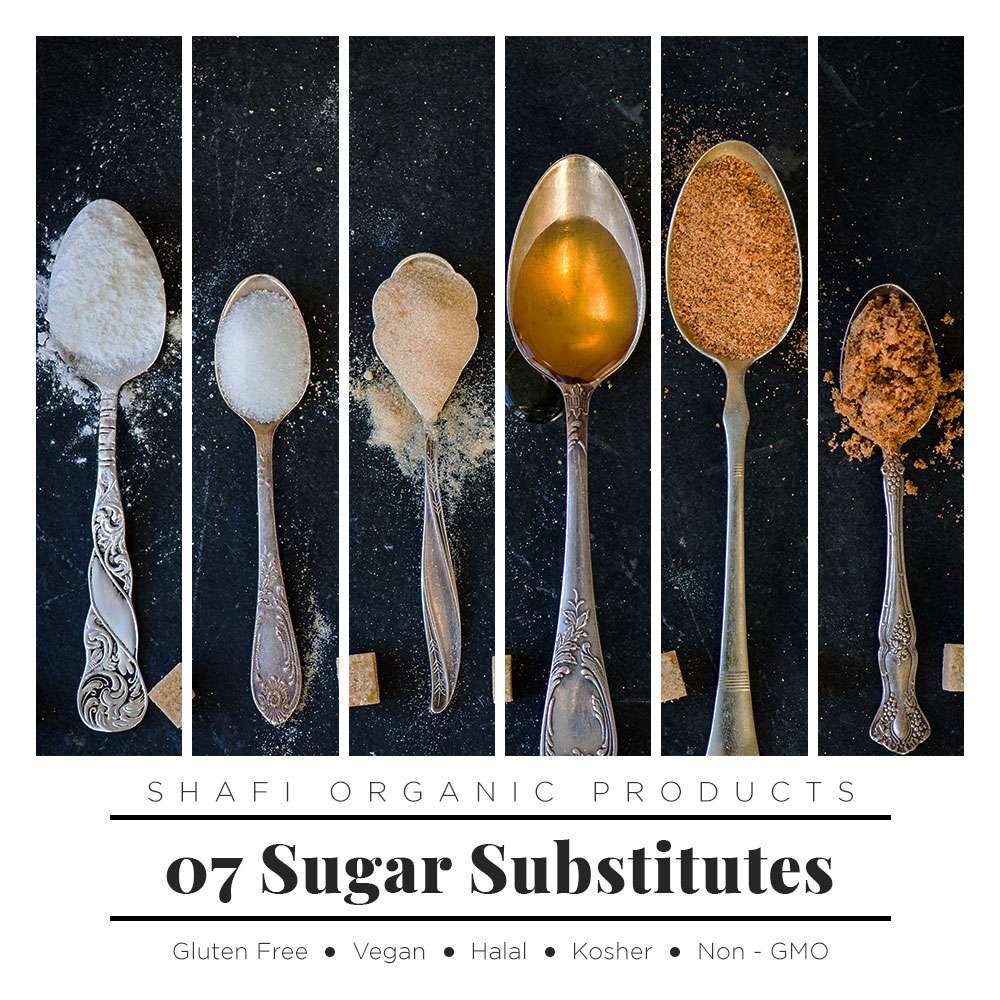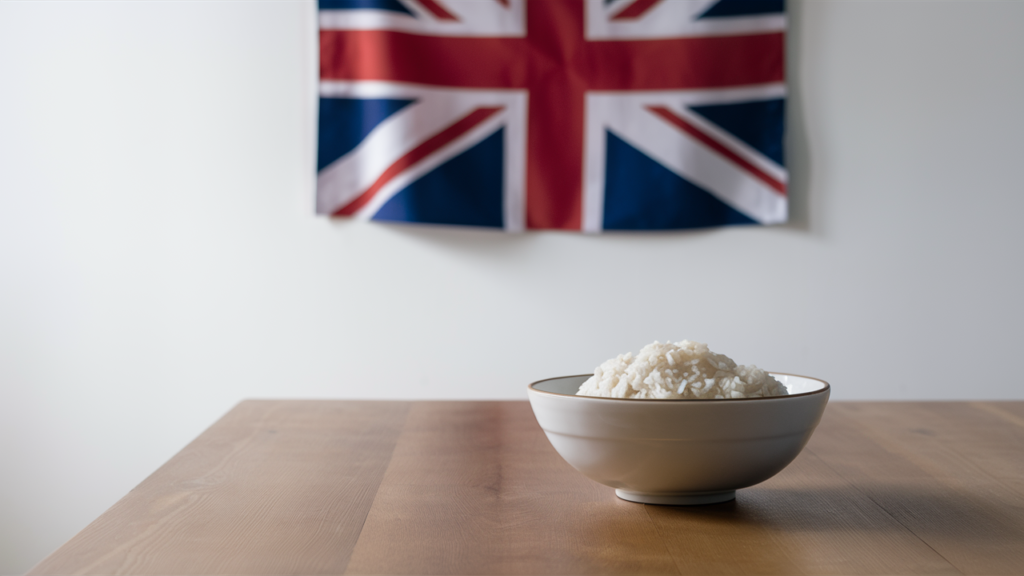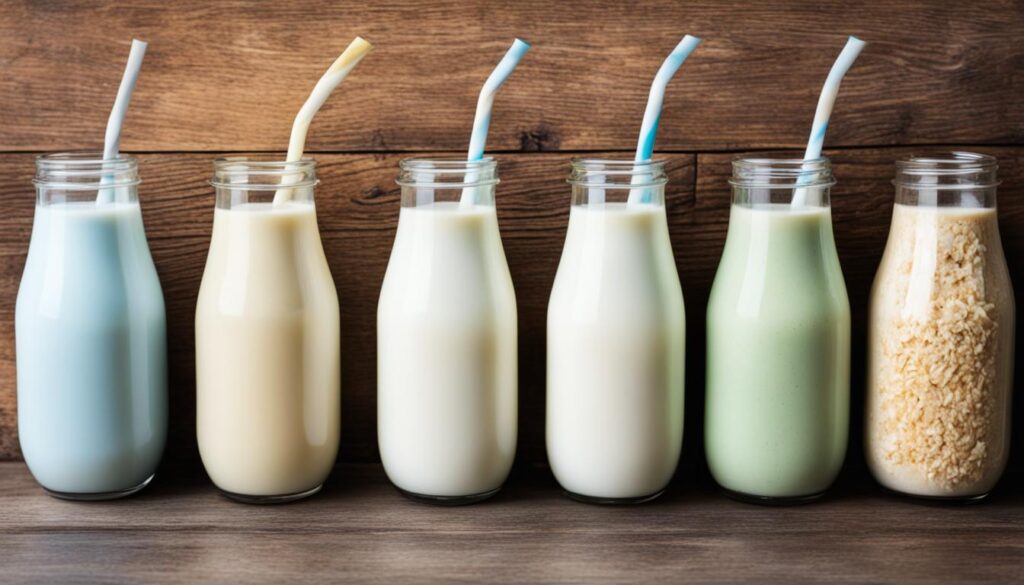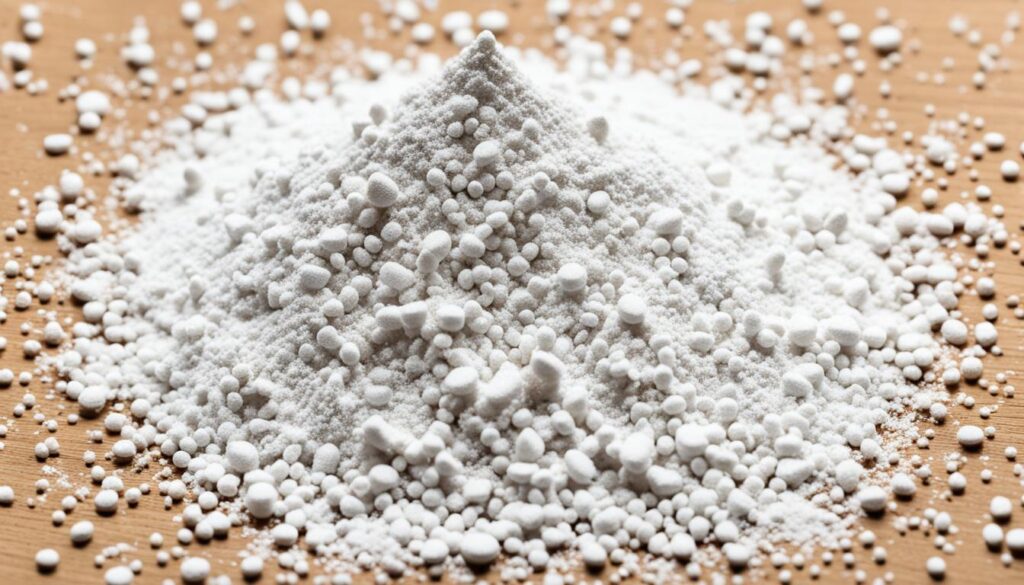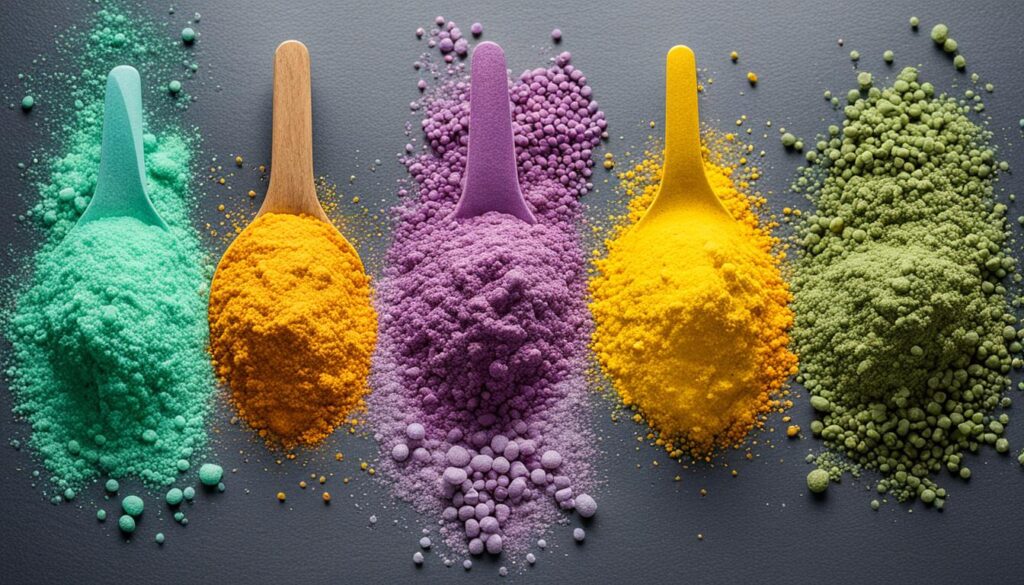Sugar…… so addictive yet so destructive. If you are on a diet or trying to get on one, you know the struggle is real. People hooked up on sugar and trying to quit can testify to that. There are much more health risks to having sugar as a part of your daily diet than to avoiding it at all.
No, we are not recommending you quit sugar altogether. Instead try looking for substitutes, which are much more beneficial, and at the same time can satisfy that sweet tooth of yours. And especially try to avoid processed sugar; in fact quit it altogether. Gradually if you must, but please do so.
Dangers of Sugar:
Sugar is responsible for a number of health risks and diseases, such as diabetes, obesity, tooth decay, heart problems, and increased cholesterol levels. Nowadays, about 85% of products on shelves contain a high amount of sugar, especially drinks, snacks, and candies.
With such an easy and affordable availability of processed sugar in abundance is within the grasp of everyone, it seems a bit redundant to put extra efforts into cooking up a healthy meal for yourself. The most common excuse being, don’t have time for that.
Children being the primary target are most severely affected by this, by developing an addiction early in their lives it becomes nigh impossible to quit. It takes serious dedication and motivation to bring about a change in your diet after that. Then why not start early? Let’s have a look at some alternatives.
Alternatives for Sugar:
1. Birch Sugar:
Xylitol is a sugar alcohol (E 967) which is used as a sugar substitute and is better known as birch sugar. Xylitol is a natural constituent of some vegetables and fruits (e.g. cauliflower, berries, and plums). Birch sugar can be produced industrially by hydrolyzing xylan ( hemicellulose) into xylose, which is then further processed to obtain xylitol.
Birch sugar has about 40% fewer calories than refined sugar and does not cause your blood sugar level to rise as high after eating. Plus, birch sugar doesn’t cause cavities. The good thing is this sugar substitute has the same sweetness as regular sugar.
2. Honey:
Honey is a natural product, contains a lot of valuable nutrients, and is considered one of the oldest sweeteners in the world. It is produced by bees collecting flower nectar, breaking it down into simple sugars, and then storing it in honeycombs.
Honey has long been used as a healing agent in natural medicine. It has anti-inflammatory, antibacterial, and antiseptic properties. Paired with ginger, honey can be used to fight colds.
3. Stevia:
Stevia is a natural sweetener that’s extracted from the leaves of a South American shrub known scientifically as “Stevia Rebaudiana”. It contains zero calories and has no known links to weight gain.In fact, human studies have shown that stevia is not associated with any adverse health effects.
Not only is stevia considered safe, but it’s also linked to some health benefits, several studies show that stevioside, which is one of the sweet compounds in stevia, can lower high blood pressure by 6–14%. It has also been shown to lower blood sugar and insulin levels, which may help fight diabetes.
It’s worth noting that the two different sweet compounds extracted from the stevia plant; stevioside and rebaudioside A, have slightly different tastes. Typically available in powder or liquid form, products labeled “stevia” may contain either or both of these compounds in varying amounts.
4. Maple Syrup:
The sap from maple trees, boiled down into a sticky syrup. Pure maple syrup is as natural and unprocessed as it gets, and it comes with benefits like lots of manganese, which is essential for energy production and antioxidant defenses, and zinc, which promotes immune health.
Maple syrup is a natural product: unlike ordinary sugar, it contains more than 50 beneficial compounds including antioxidants and a molecule with anti-inflammatory properties. The darker the syrup, the higher the concentration of these compounds. Plus, 100 g of maple syrup has 90 mg of calcium, 185 mg of potassium, 25 mg of magnesium, and 2 mg of iron.
5. Molasses:
Molasses is a sweet, brown liquid with a thick, syrup-like consistency. It’s made from boiling down sugar cane or sugar beet juice. It contains a handful of vitamins and minerals, as well as several antioxidants.
In fact, blackstrap molasses is higher in antioxidants than both honey and maple syrup. Furthermore, its high potassium and calcium content may benefit bone and heart health.
6. Erythritol:
This sugar alcohol is practically a guilt-free sweet solution. At 0.2 calories per gram, the white powder from a plant occurs naturally in many fruits. Plus, it doesn’t lead to tooth decay and other not-so-sweet effects of sugar consumption. It’s not quite as sweet as natural sugar, so try it in chocolate baked goods like brownies.
7. Agave Nectar:
Agave nectar, also known as agave syrup, is produced from the juice of the agave plant found in Mexico. This sweetener tastes like honey but has a thinner consistency.
In contrast to ordinary sugar, agave nectar contains metabolites, vitamins, and minerals. The sugar substitute is runnier than honey and thus more soluble in foods and drinks. Plus, it is suitable for vegans.
Conclusion:
The sweeteners in this article are good alternatives, though the key word here is “alternatives”, meaning they should be used instead of refined sugar. Stevia is probably the healthiest option, followed by xylitol. “Less bad” sugars like maple syrup, molasses, and honey are slightly better than regular sugar, but should still be used sparingly. As with most things in nutrition, moderation is the key.



